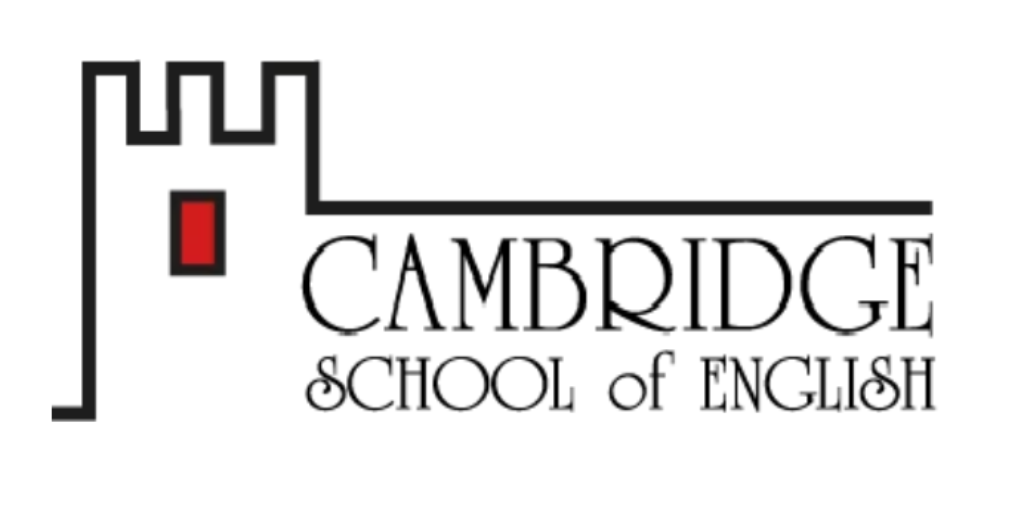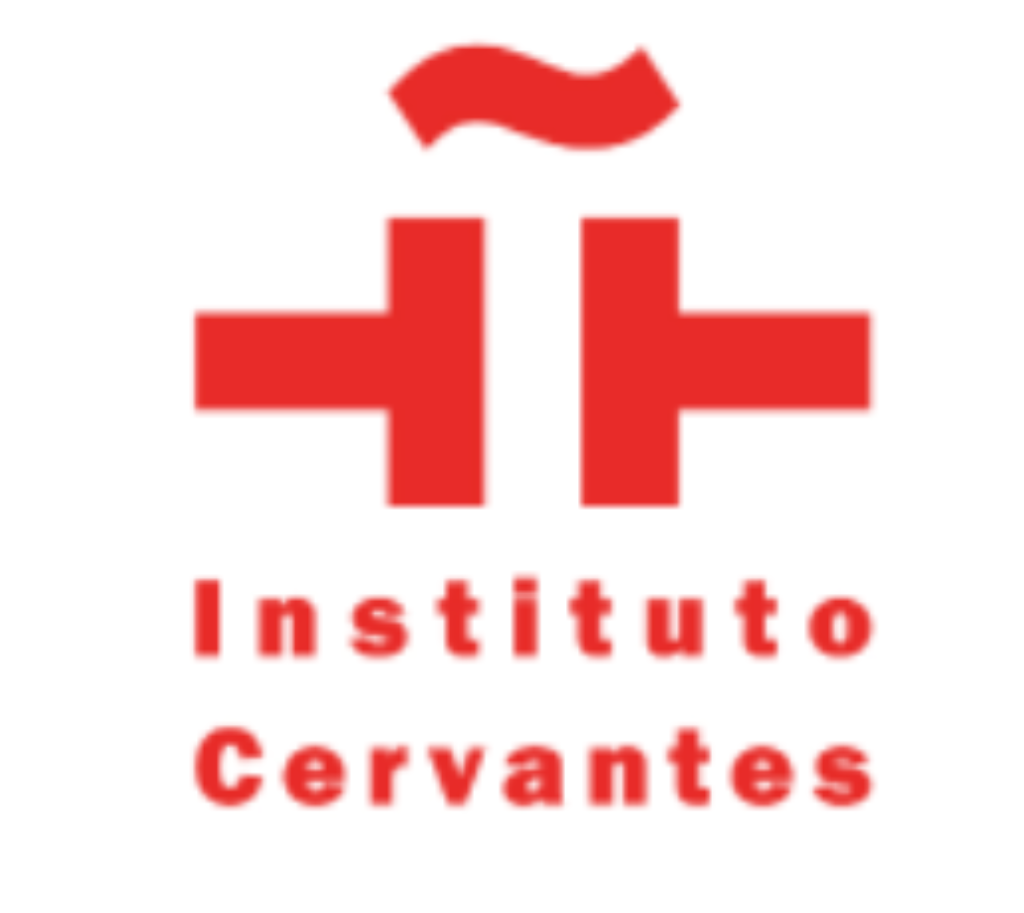
DELE – 3 schools making a difference

Preparing for the DELE exam (Diplomas de Español como Lengua Extranjera) is a serious commitment. You need strong input on grammar, vocabulary, exam technique, and, crucially, speaking and listening skills. We’ve looked into three well-known providers to help you decide: The Native Tutors, Cambridge School of English, and Cervantes. Each has strengths, different styles, and different student experiences.

The Native Tutors
The Native Tutors are an online language school based in the UK (but serving students anywhere) offering Spanish classes with native speakers. They provide courses specifically geared for DELE exam preparation as well as general or specific-purpose Spanish (business, travel etc.). Their lessons are tailor-made to the student: they assess individual levels, weaknesses, needs, and shift the focus accordingly.
Lessons are interactive and varied, with consistent correction of mistakes, and focus on confidence in real communication. They are flexible in scheduling, adapting to time zones and student availability. The materials include structured exercises and work to do outside class.

Cambridge School of English
Cambridge School of English offers online and sometimes in-person preparation for DELE among other exam certifications. Their exam-prep courses include techniques for handling the format of the DELE, mock exams, and classes focused on all the DELE skills (reading, writing, listening, speaking). Their “What certification exams … we prepare for” page lists DELE among the official exams they cover.
Their DELE‐prep course online provides access to platform-based materials: grammar and vocabulary cards, exercises, progress tracking, mock tests, a structured study plan, aand more. The duration options are flexible so students can pace their preparation effectively.

Cervantes (Instituto Cervantes / Cervantes Escuela Internacional)
Cervantes is the official institution often tied to DELE, so their courses (especially in Spain) are very well-aligned with the exam’s format. In particular, Cervantes Escuela Internacional in Málaga offers DELE prep courses alongside intensive Spanish and cultural immersion. The school combines classroom work, exam preparation, and cultural activities to immerse you in Spanish.
Teachers are native, experienced, and dedicated. The course structure often mixes grammar, vocabulary, writing, speaking, listening, and also “real life” use of Spanish. Extracurriculars such as cultural events, flamenco shows, and excursions reinforce language learning by context. Accommodation options are offered, often homestays with local families.
What the Students Say — Up-Close and Personal
Here are selected feedbacks from real students of these schools to give you a feel for how they experience their DELE preparation.
The Native Tutors
Students praise the personalised, supportive, and motivating approach of their tutors. One learner wrote: “Camila (our teacher) has made learning Spanish so much fun! She is incredibly organized, knowledgeable, and kind. All of the lessons have been engaging and apply to real-world situations. I look forward to my lesson every week.” Another said: “Classes with Patricia (our teacher) have been great since I began them … a really good mix of learning the grammar rules of Spanish and actually practising speaking and listening.” A third student highlighted: “After years of learning Spanish … I’m finally able to let go of my fear of speaking Spanish … thanks to Patty … very motivating, encouraging and well-structured lessons!”
Cervantes Escuela Internacional
Feedback highlights an immersive environment and high-quality teaching. One B1 student explained: “I took the preparation course for the DELE exam and it improved my Spanish considerably. Teachers and other staff were warm and welcoming. Classes were relaxed and the teachers were very helpful; since I took the B1 class all the lessons were in Spanish.” Another review praised the friendliness of staff and the focus on language: “The staff are very friendly … each one speaks at least Spanish and English and give good recommendations.” A third student reflected: “I am overwhelmed by the quality of Teaching and Support at the school. Not only are the teachers professional, but they are extremely kind. The lessons are structured well and just after a week I feel so much more prepared to pass my DELE B2 exam!” Some reviewers also noted that facilities can occasionally feel crowded at peak times, or that accommodation quality varies.
Cambridge School of English
Direct testimonials for their DELE preparation are less visible, but what emerges from the course features is the strong emphasis on structured learning. Students benefit from mock exams, a clear study plan, and progress tracking. Many learners note that this approach boosts their confidence by making the exam format familiar and ensuring steady progress through a large bank of practice resources.
Pros and considerations: Picking the right one for you
Each of these schools has distinct strengths that suit different types of learners. The Native Tutors stand out for their highly flexible scheduling, personalised approach, and strong focus on speaking and listening. Because lessons are online, you can study from anywhere, but the lack of cultural immersion might be a drawback for some, especially at higher levels where extra exposure is critical.
Cambridge School of English provides a structured online path that appeals to those who like clear study plans and measurable progress. With lots of mock exams and resources, students can work steadily towards their DELE goals. However, the platform-based approach can feel less interactive, and learners may need to supplement with extra speaking and listening practice to ensure well-rounded preparation.
Cervantes, on the other hand, offers full immersion in both language and culture, making it a natural fit for learners who can commit time to studying in Spain. The alignment with the DELE exam is excellent, and the cultural experiences enrich learning beyond the classroom. The trade-off is higher costs related to travel and accommodation, and some students report that facilities can feel crowded during busy times.
In conclusion
Preparing well for DELE means more than knowing grammar: you need to become comfortable using Spanish in realistic settings, under time pressure, including speaking, listening, writing and reading. All three schools provide viable routes, differing in trade-offs between flexibility versus immersion, and cost versus environment.
From the student feedback, what stands out is how learning becomes more enjoyable and effective when lessons are well-structured, clear, and aligned to the exam format; when teachers are encouraging, patient, and correct mistakes in a supportive way; when there is enough speaking and listening exposure with native speakers; and when you’re pushed out of your comfort zone, ideally via immersion or intensive practice, even if online.
If you’re preparing for DELE, decide first what constraints you have—time, budget, location—and then choose the school whose strengths align with your needs. Pair that with consistent self-study such as mock exams and exposure to Spanish media, and you’ll be well on your way.
References
Language Supermercado.com | The DELE Course Series 2025. Edition 01